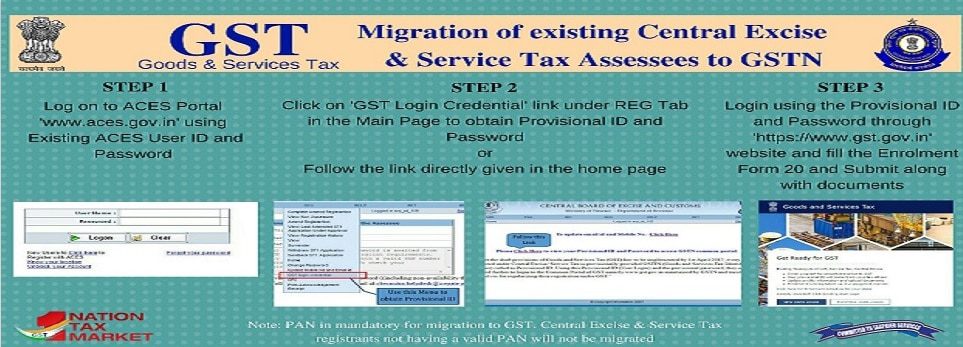Small and medium enterprise owners have been pondering over the impact of GST for small business since the announcement on the upcoming implication of the Goods and Services Tax made news in the final months of 2016. When GST news first hit the country, it was assumed that it would have a negative impact on small and medium scale businesses essentially because they won’t have benefits like excise exemption.
But GST will be unfolding an array of benefits for SMEs starting July 2017. Firstly, the cost of business operations will become considerably lower than current costs. This is because GST is a tax that is a value addition at each stage and is levied at the point of sale and not purchase; i.e the consumer will be charged by only the last dealer in a supply chain. This will make operations profitable for businesses.
Taxes are levied by the State and Central Government on manufacturing, production, distribution etc. The accumulated cost of these taxes is ultimately borne by the end consumer. The GST for small business will ease the burden of these taxes on business owners which in turn will decrease the burden on the consumer.
GST for small business will also help reduce the cost of logistics as a single tax framework will lead to smoother transactions and eliminate taxes at the border -i.e. octroi duty. This will bring down costs associated with maintaining high stocks. A report shared by CRISIL has stated that the cost of logistics for SMEs will significantly reduce by at least 20 per cent. Some states like Tamil Nadu (mainly known for manufacturing) have opposed GST for small business as the State Government foresees losses valuing up to over INR 9,000 crores. In view of this situation, the State Government proposed to provide compensation during the transition period post the implication of GST.
Meanwhile in GST news today, the eleventh Goods and Services Tax (GST) Council meeting held in the first week of March this year, introduced a compensation scheme for business entities that have a turnover up to INR 50 lakhs. These entities will be able to avail benefits under a compensation scheme wherein they will be required to pay a much lower rate of tax and will have to fulfill very minimal compliance requirements. The Composition Scheme is available for all traders, select manufacturing sectors and for restaurants in the services sector.
The indirect tax structure in India has led businesses to restructure their operating models to work around the umpteen number of tax payments. GST for small businesses will hopefully change the way Indian businesses operate in the country.
Read more of the latest business news on BloombergQuint.

Related Articles:
- GST Bill : Good and Services Tax
- What is Value Added Tax ( VAT)
- Basics of Service Tax
- How Gold Ornament is Priced?
